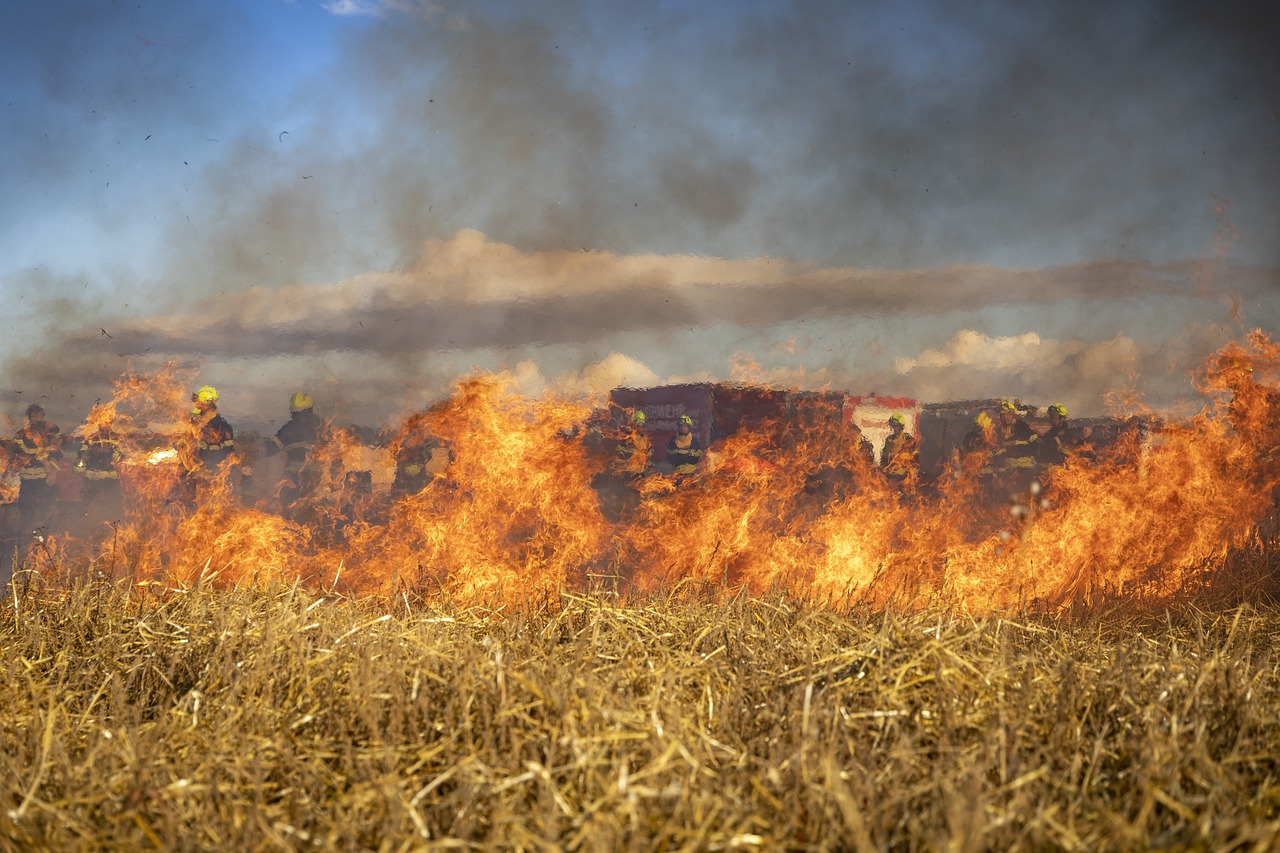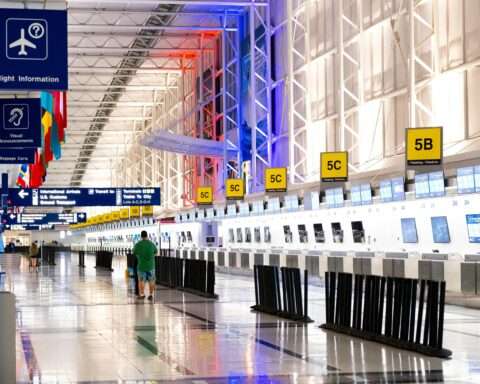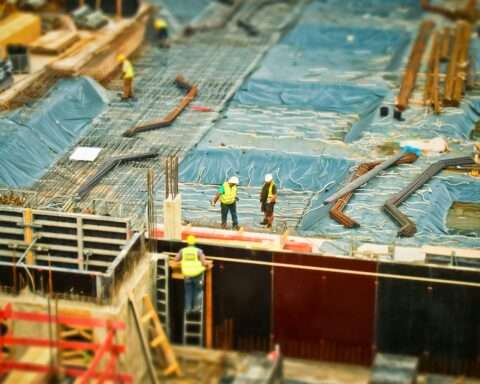Indigenous communities are receiving help to prepare for increasing effects of climate change. The Department of Interior is directing $121 million toward helping tribal communities prepare for and adapt to severe weather, marking the largest annual funding allocation in the history of the Bureau of Indian Affairs’ Tribal Community Resilience Program.
The investment is part of a broader government effort, which has directed more than $560 million toward tribal climate resilience programs since 2021. This includes a first-ever Voluntary Community-Driven Relocation Program with an initial $135 million to assist tribal communities severely impacted by climate-related environmental threats.
From rising sea levels to wildfires and storms, indigenous communities face intensifying climate-related challenges that pose existential threats to tribal economies, infrastructure and people’s way of life. The latest funding looks to help tribes proactively plan for the future while safely relocating critical community infrastructure.
“These awards are a down payment on a more sustainable and resilient future for Native communities across the country,” said Assistant Secretary for Indian Affairs Bryan Newland.
With a maximum award of $4 million per project, the awards span from Alaska to the West Coast, all the way through the Midwest and great plains to include East Coast states like Virginia and Maine.
The Alaska Native Tribal Health Consortium received $4 million to launch a climate risk assessment program targeting Alaska Native villages facing urgent infrastructure damage. The project will assist up to 10 communities heavily impacted by erosion, flooding, and permafrost degradation through technical assistance, data collection and monitoring. This whole-of-government approach aims to help these communities make informed decisions about protecting critical infrastructure and planning for future climate impacts.
The Passamaquoddy Tribe at Pleasant Point secured $4 million to address imminent flooding risks to their wastewater treatment plant in Maine. The project includes raising reactor walls at their current facility, developing engineering plans for a new plant at higher elevation, installing hurricane-resistant roofs on tribal homes and purchasing equipment for digging retention ditches.
The Shakopee Mdewakanton Sioux Community in Minnesota was awarded nearly $3.8 million to incorporate sustainable energy systems into their new Tribal Healing Center. The project will integrate a geothermal mechanical system and a 40-kW rooftop solar PV system into the facility, which will serve four Dakota Tribes in Minnesota. The project demonstrates how tribes are leveraging funding to both reduce greenhouse gas emissions and provide community services.
Also in Alaska, a project from the Aleut International Association received $249,351 to collect and integrate Indigenous knowledge for coastal and ocean management planning. The initiative will gather scientific data alongside traditional ecological knowledge from elders to address food security concerns and adapt to rapid climatic changes affecting the Aleutian and Pribilof Islands region.
Image by Matthias Fischer from Pixabay













